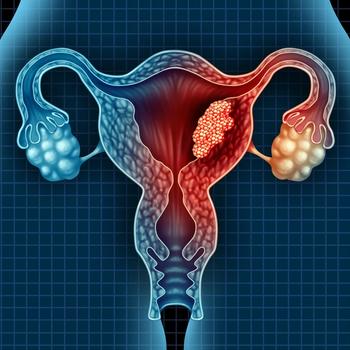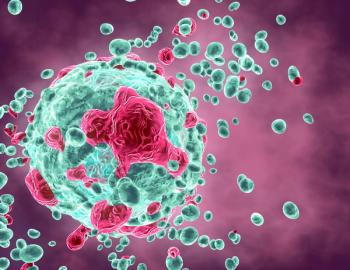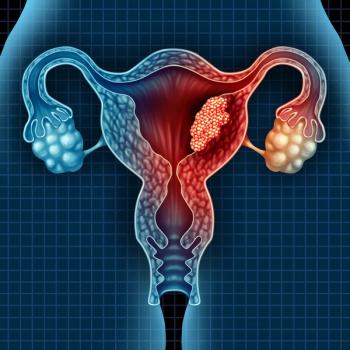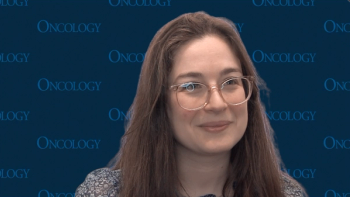
- ONCOLOGY Vol 11 No 12
- Volume 11
- Issue 12
FDA Grant Given to Continue Studies of Aminopterin
Success in treating stubborn cancers with a drug that was shelved 50 years ago has encouraged the Food and Drug Administration (FDA) to provide a 3-year, $447,534 grant to the University of Texas Southwestern Medical Center at
Success in treating stubborn cancers with a drug that was shelved 50 years ago has encouraged the Food and Drug Administration (FDA) to provide a 3-year, $447,534 grant to the University of Texas Southwestern Medical Center at Dallas to begin second-stage clinical tests of the drug, aminopterin.
Aminopterin is the parent of methotrexate. Originally tested in the 1940s, aminopterin fell out of favor with doctors because of concerns about toxicity and difficulties synthesizing it. In recent years, Dr. Barton Kamen, a professor of pediatrics and pharmacology at UT Southwestern, has taken a new look at the drug to see if it might prove effective in treating patientsparticularly children with leukemia whose cancer does not respond to methotrexate.
Ingrid Cofield, a 49-year-old woman from Rowlett, Texas, was one of several adults Kamen enrolled in a phase I trial of aminopterin last year.
Surprisingly, the aminopterin made a tumor in Cofields liver disappear. I didnt expect this at all, Cofield said. I thought maybe it would become a little smaller, but not that it would all go away.
Cofield originally was diagnosed with endometrial cancer in 1993. She had a hysterectomy and then went through chemotherapy. The cancer was gone for a year, but then she discovered a lump in her groin. Hormonal therapy prevented enlargement for a while, but the lump started growing again. She again underwent chemotherapy, but tests soon showed the tumor had spread to her liver.
Of the 20 patients who participated in the phase I trial, three others also showed a positive response to aminopterin: an 8-year-old boy with a nerve-sheath tumor, a 10-year-old boy with acute-myelogenous leukemia (AML), and a 4-year-old girl with a neuroectodermal tumor.
This is terrific news for the patients and terrific news for us, said Kamen. In the 20 years Ive been doing this, l cant remember this many responses in a phase I trial.
The FDA-funded phase II clinical trial of the drug is already underway. The first patient enrolled in the trial, which focuses on leukemia patients, is in complete remission.
Four other institutions are participating in the phase II study: The University of Chicago, St. Jude Childrens Research Hospital, University of Texas M. D. Anderson Cancer Center, and University of Texas Health Science Center at San Antonio.
Because of aminopterins success in Cofield, doctors at UT Southwestern also are beginning a separate clinical trial of the drug on women with persistent or recurrent endometrial cancer.
Articles in this issue
about 28 years ago
Breast Cancer Treatment in Europeabout 28 years ago
New Endocrine Treatments for Prostate Cancerabout 28 years ago
American Association for Cancer Research 1998 Research Fellowshipsabout 28 years ago
Breast Cancer: The Importance of Local Controlabout 28 years ago
Screening for Prostate Cancer-The European Viewabout 28 years ago
The Surgeon and Surgical Procedure as Prognostic FactorsNewsletter
Stay up to date on recent advances in the multidisciplinary approach to cancer.






































